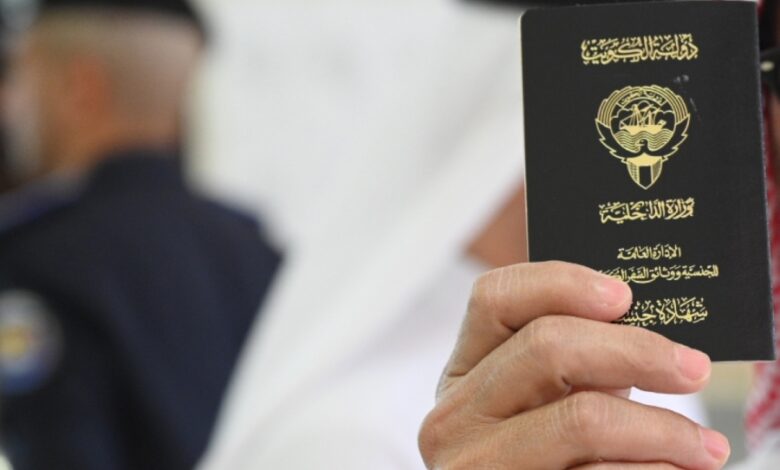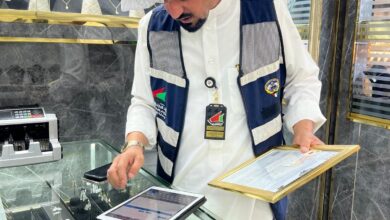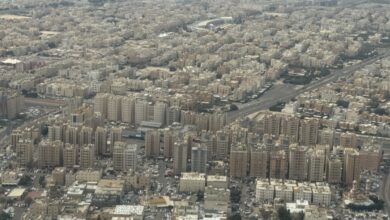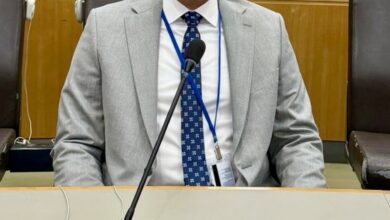Kuwait revokes citizenship of former MP in major forgery case
The revocation decision marks a decisive step by the Supreme Nationality Committee in addressing long-standing cases of identity fraud and restoring integrity to the national registry.

The Supreme Nationality Committee has closed the chapter on one of Kuwait’s most complex forgery cases — involving a man who obtained the Kuwaiti citizenship through fraudulent means and went on to serve as a Member of Parliament, questioning ministers and shaping government policy, despite his very presence in the country being based on deceit.
During a meeting chaired by First Deputy Prime Minister and Minister of Interior Sheikh Fahad Al-Yousef, the Committee decided to revoke the citizenship of the former MP after extensive security and genetic investigations confirmed that he had acquired it illegally.
The case forms part of a broader and long-running investigation into dual nationality and forgery cases dating back to the 1960s, encompassing a total of 169 individuals, reports Al-Rai daily.
In one of the most intricate cases handled by the Nationality Investigation Department, authorities uncovered a family-based forgery network spanning several generations. The scheme involved four siblings of Gulf origin who secured Kuwaiti citizenship using falsified information, forged documents, and fabricated witness testimonies. Their descendants continued to benefit from this false status for more than five decades — with one eventually gaining access to a parliamentary seat.
The story began with the eldest brother, identified only as (H.), born in 1942, who legitimately obtained the Kuwaiti citizenship in 1963 under Article 5 of the Nationality Law after proving his birth and residence in the country. At the time, his naturalization was fully legal and raised no suspicions.
However, in 1975, three other siblings — identified only as (S.), (M.), and (A.), born in 1941, 1943, and 1947 respectively — surfaced with falsified birth certificates claiming they, too, were born in Kuwait.
They applied for and obtained the citizenship within months, relying on fabricated testimonies that their father had lived in Kuwait before 1920, thus qualifying them for naturalization under Article 1.
Each of the three concealed the fact that their elder brother (H.) had already been naturalized under a different legal provision. They also submitted their father’s death certificate, issued in 1970, and justified his lack of citizenship by falsely claiming he spent most of his life in the desert.
Investigators have since determined that the brothers’ applications were based entirely on deception — a fraudulent foundation that expanded over generations and led to one of them illegitimately occupying a parliamentary seat.
The revocation decision marks a decisive step by the Supreme Nationality Committee in addressing long-standing cases of identity fraud and restoring integrity to the national registry.
Follow The Times Kuwait on
X, Instagram and Facebook for the latest news updates












